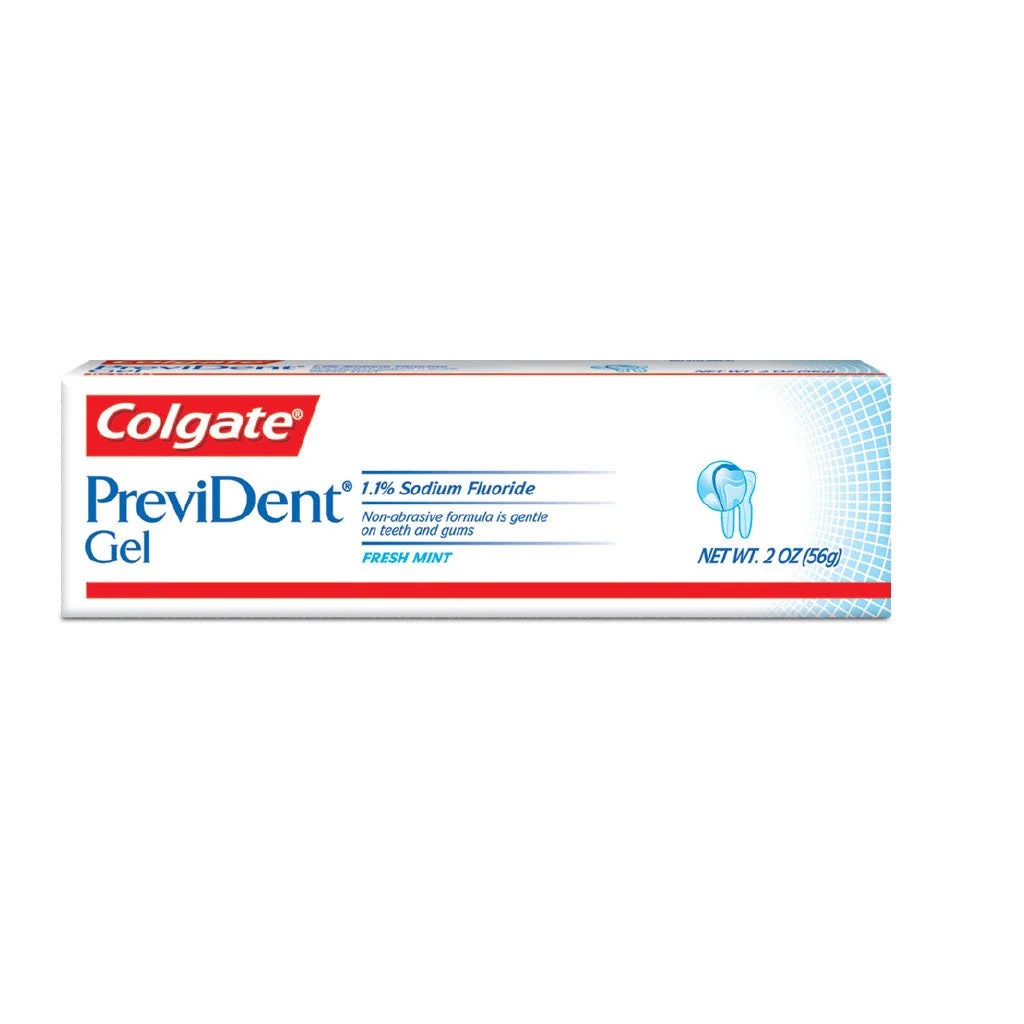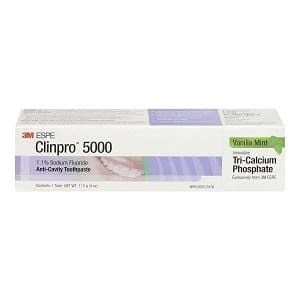A New Lease on Life: How NHS Is Saving Children With Gene Therapy for MLD

A New Lease on Life: How NHS Is Saving Children With Gene Therapy for MLD
Mucolipidosis type II, or MLD, is a rare genetic disorder that affects the nervous system and causes mental retardation, physical disability, and premature death. Treatment for MLD has been limited in the past, with patients having to rely on medications and dietary restrictions to manage their symptoms. However, recent breakthroughs have allowed for a more effective form of treatment: gene therapy.
The National Health Service (NHS), Britain’s publicly-funded health service, is leading the way in gene therapy for MLD in children. NHS has developed a gene therapy called Glybera, which works by replacing the mutated gene responsible for MLD with a healthy gene. The process is carried out via a one-time injection directly into the patient’s liver, and is the first approved gene therapy for a rare disease in the UK. It has shown positive results in treating MLD in children, and is helping to give them a new lease on life.
The effectiveness of Glybera is hard to overstate. Since its introduction in 2011, it has helped countless children with MLD regain function and mobility, and even allowed some to lead relatively normal lives. The results are most evident in the children’s cognitive development, which has seen marked improvements in areas such as memory, language, and social skills. The therapy has also been shown to reduce the symptoms associated with MLD, such as joint stiffness, seizures, and difficulty breathing.
The success of Glybera has led to a renewed focus on gene therapy for MLD in the UK. NHS recently announced plans to expand access to the therapy, allowing more children with MLD to benefit from its effects. This has been welcomed by the families of MLD sufferers, who are now hopeful that their children can lead healthier, fuller lives.
 |
 |
| PreviDent Brush-on Gel | 3M Clinpro 5000 |
| Experience extra-strength fluoride protection with Colgate PreviDent Brush-on Gel! Ideal for at-home use by adults. Easy to apply, once daily use. | Get a stronger smile with Clinpro 5000 fluoride toothpaste. Reduces cold sensitivity and remineralizes lesions. Contains natural ingredients for a brighter, healthier smile. |
In addition to providing the therapy to children, NHS is also funding research into gene therapy for MLD. This is an important step towards finding a permanent cure for the disorder, and NHS is committed to supporting the research efforts of scientists and medical professionals. The aim is to find a way to either repair or replace the mutated gene that causes MLD, thus eliminating the need for ongoing treatment.
NHS is also committed to providing patients with the best care possible. This includes providing access to experts in MLD and providing support for families with MLD sufferers. They are also working to increase public awareness about the disorder, and to promote the benefits of gene therapy for MLD.
As NHS continues to work towards finding a cure for MLD, the success of Glybera is a testament to the power of gene therapy. It is helping to give children with MLD a new lease on life, and is offering hope to families who have long been without it. NHS is doing its part to ensure that these children can lead lives filled with promise and opportunity.
Conclusion
NHS is leading the way in providing gene therapy to children suffering from MLD. The Glybera gene therapy has provided a new lease on life to many children, giving them the chance to live healthier and more fulfilling lives. In addition, NHS is committed to providing the best care possible and to supporting research efforts that could lead to a permanent cure for MLD. This is a testament to the power of gene therapy and the dedication of NHS to providing the best care for its patients.
